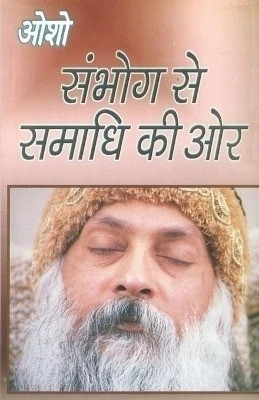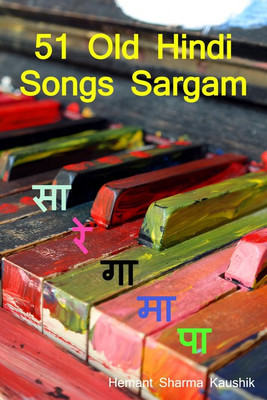
Share
Adhunik Hindi Kavita ke Pahle Dalit Kavi Devendra Kumar Bengali (Hindi, Hardcover, Devendra Arya)
Be the first to Review this product
Special price
₹279
₹399
30% off
Coupons for you
T&C
Available offers
T&C
T&C
T&C
T&C
Delivery
Check
Enter pincode
Delivery by17 Oct, Friday
?
View Details
Highlights
- Language: Hindi
- Binding: Hardcover
- Publisher: Authors Pride Publisher
- Genre: Poetry
- ISBN: 9788193349724, 8193349725
- Edition: 1, 2017
Services
- Since this is a book, hence there's no warranty for this book.
- Cash on Delivery available?
Seller
Description
This book talks about how the poems of Devendra Kumar weren't able to handle the pressure of modernity and got scattered. The modern day poetry is that plant growing up in metros, which for mood-change and fresh air-water, smelling the scent of the soil often as a migrant keeps visiting the villages. With this, the town of poetry, dust of globalized industrial development, which gets settled upon the sensations, keeps getting cleaned up. For scraping the acquired knowledge, all important poets of today are connected to the village in one form or the other, even if that means in a utilitarian way. Unlike this engagement process, a new process is going on nowadays. For knowledgeable scraping of emotional sensation the poets from villagers have started visiting metros. Means that roots are now observing their own hairs. Sadly, Devendra Kumar could not carry this poetic movement and in his entire life embraced a string of silence. He did came out of the village but died in a town like Gorakhpur. He didn't catch the winds of big metros. No doubt, this did help him save his clear emotions from being polluted, however didn't even allow him to go global. Parochialism became his boundary. On his world of emotions no shadow of knowledgeable sensitivity was casted and in some sense he continued to be a backward poet. This poet who used to weave poems like cobwebs, wasn't able to design that web of poems from which the dreaded, cunning reality would have been filtered off to the readers.
Read More
Specifications
Book Details
| Publication Year |
|
| Edition Type |
|
| Book Type |
|
University Books Details
| Stream |
|
Additional Features
| Age Group |
|
Warranty
|
In The Box
|
Be the first to ask about this product
Safe and Secure Payments.Easy returns.100% Authentic products.
Back to top











